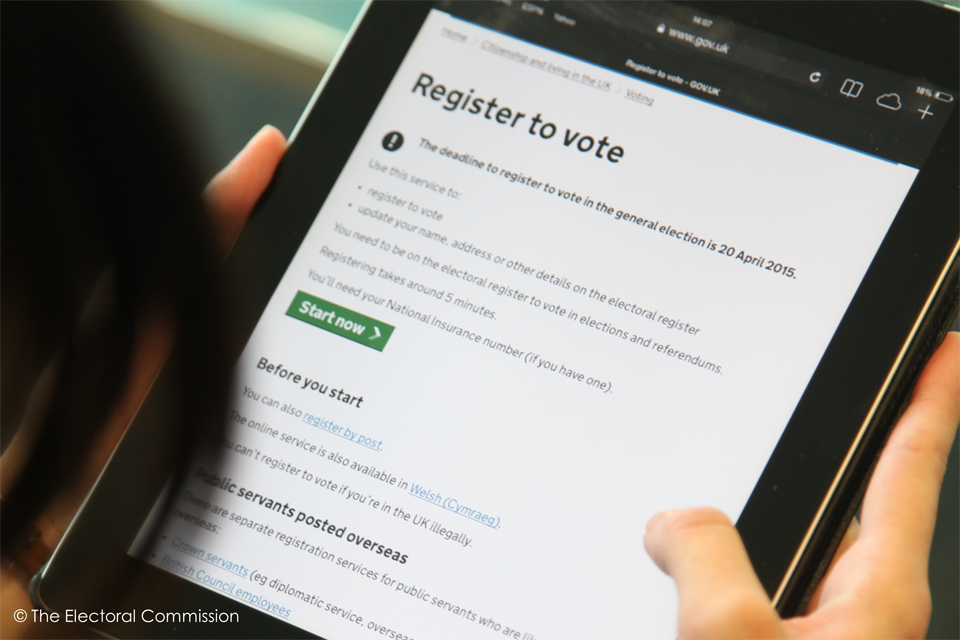Although 94% of households now have the internet, people who are aged over 70, live alone and have a disability are far more likely to lack connection
Credit: Jorge Guillen/Pixabay
While only 6% of UK households now have no access to the internet, groups such as the elderly, the financially vulnerable and those living with disabilities remain at far greater risk of digital exclusion, a report from Ofcom has warned – finding some demographics where 60% of people are not connected.
A study by the communications regulator found that the number of people unable to access the internet has fallen sharply in recent years and was accelerated as a result of the Covid-19 pandemic.
But the research also indicates that three main drivers continue to cause digital exclusion: lack of access; lack of skills or confidence; and affordability.
Groups that contain a higher proportion of digitally excluded include people who do not work and those living on their own.
Related content
- Birmingham City Council gets digital inclusion team
- Scottish Government urges uptake of digital inclusion fund
- CCS to launch £50m digital inclusion framework
“When someone has more than one of these characteristics, the likelihood of their being digitally excluded increases further,” the report said. “For those who were living alone with a condition that limited or impacted their use of communications services, 40% said they didn’t use the internet or have access to it at home. Among those living alone who were also aged 70 and over, more than half – [53%] – said they didn’t use the internet or have access to the internet at home. This proportion rose to 60% for people who lived alone, were aged 70-plus and had an impacting or limiting condition.”
The report notes that the pandemic had a positive impact on digital inclusion because “as a huge proportion of everyday life moved online, more people decided it was time to get internet access at home”.
However, it adds that that puts everyone who remains unconnected at an even greater disadvantage.
“As the proportion of people without internet access declines, the negative impacts of remaining offline become more acute, as an increasing number of services and support networks become digital only,” it said
The regulator said that the report highlights that digital exclusion is “a challenge to be tackled on three fronts”, by supporting people who want to get online, providing less-confident users with essential digital skills, and ensuring that those who remain offline are not left behind.





Super-Duper site! I am loving it!! Will be back later to read some more. I am bookmarking your feeds also.
Wow that was strange. I just wrote an very long comment but after I clicked submit my comment didn’t show up. Grrrr… well I’m not writing all that over again. Anyway, just wanted to say fantastic blog!